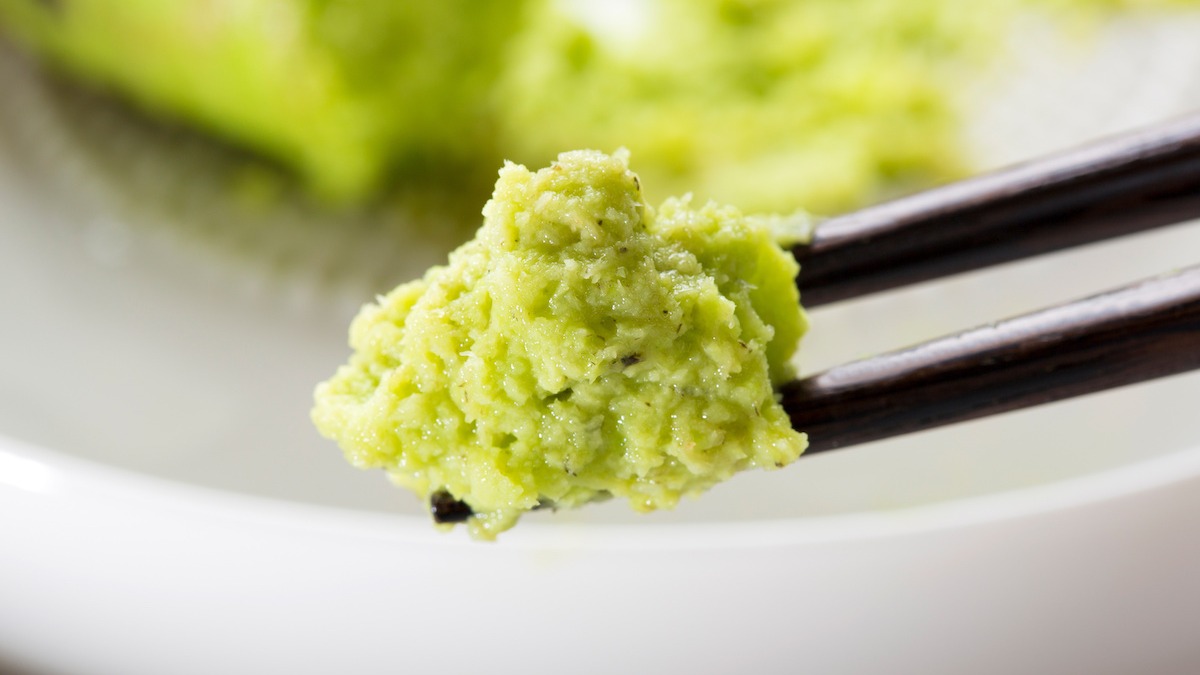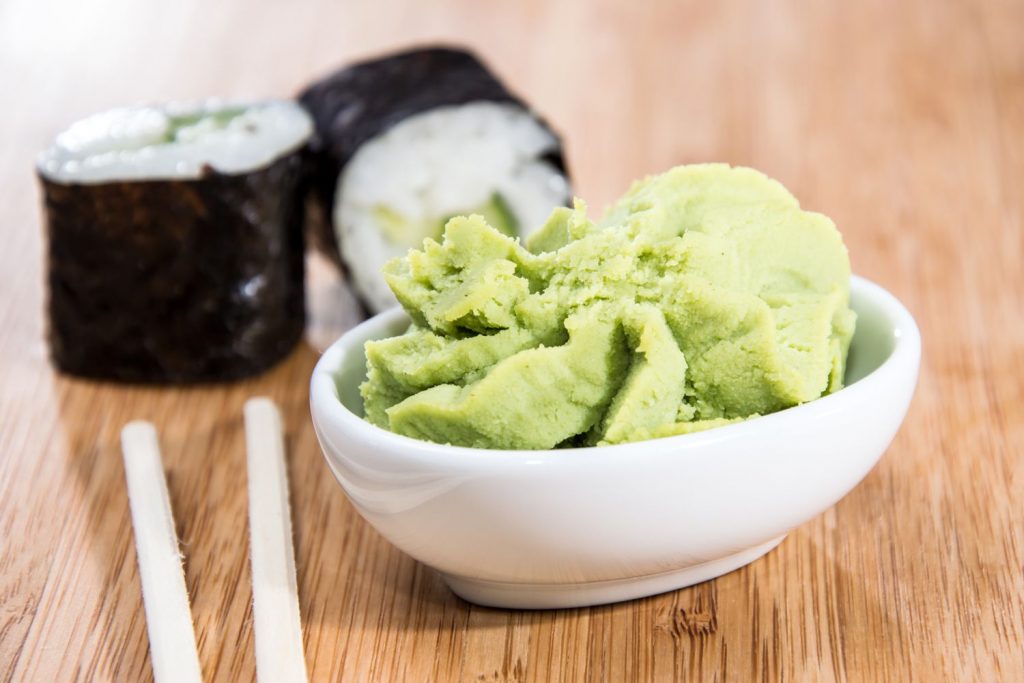Wasabi, the vibrant green condiment renowned for its pungent spiciness and often associated with sushi!
Beyond its role as a flavourful accompaniment to Japanese cuisine, wasabi boasts an array of health benefits that extend far beyond the dining table. According to Healthline, wasabi is enriched with essential vitamins, minerals, and antioxidants that have promising health benefits to the human body.
Explore the health benefits of eating wasabi:
Immune-boosting
Packed with immune-boosting properties, wasabi stands out for its high vitamin C content and isothiocyanates (ITCs). These antimicrobial compounds actively combat infections, working in tandem with vitamin C to fortify the immune system.
However, it’s important to note that while wasabi contributes to immune health, its efficacy is maximised when integrated into a holistic approach, complemented by proper sleep, regular exercise, and an overall healthy lifestyle.
Can improve gut health
Introduce a dash of wasabi to the mix to alleviate post-meal uneasiness. Natural enzymes in wasabi support digestion, facilitate nutrient absorption, and may even reduce bloating and indigestion.

Bone health booster
Recent studies suggest that wasabi, particularly its leafstalk, may play a role in promoting better bone health. Additionally, the anti-inflammatory compounds present in wasabi could provide relief from arthritis pains, making it a flavourful ally in the quest for overall skeletal well-being.
Possible cancer risk reduction
Promising research points to the potential of wasabi in inhibiting the growth of certain cancer cells, including those associated with colon and breast cancer. Isothiocyanate compounds found in wasabi are believed to possess anti-cancer properties, hinting at their role in reducing the overall risk of developing these cancers.
ALSO READ: Introducing the latest superfood, sea moss
Anti-inflammatory
The anti-inflammatory properties of wasabi extend numerous benefits for overall health. By mitigating inflammation, the compounds in wasabi contribute to pain reduction, promote joint health, and may even lower the risk of chronic inflammatory conditions.
Antibacterial properties
A popular companion to sushi, wasabi earns its place due to its antibacterial and antimicrobial properties. Acting as a safeguard against food-borne illnesses such as E.coli and Staphylococcus aureus bacteria, wasabi proves particularly valuable in raw or undercooked foods like sushi. It can also contribute to oral health and help maintain bacterial balance in the gut.

Seasonal allergy relief
When the allergy season unleashes its discomfort, consider reaching for wasabi. The isothiocyanate compounds in wasabi can slow the release of histamines, providing relief from allergic reactions without inducing drowsiness, a refreshing alternative to traditional anti-allergy medicines.
How to incorporate wasabi into your diet:
- Serve it with soy sauce and enjoy it with sushi.
- Add it to noodle soups.
- Use it as a condiment for grilled meats and vegetables.
- Add it to salad dressings, marinades, and dips.
- Use it to flavour roasted vegetables.
ALSO SEE: Health benefits of eating seaweed
Feature image: Unsplash

